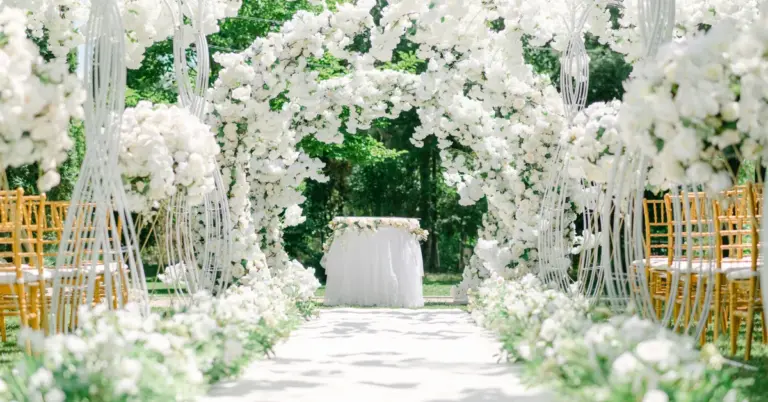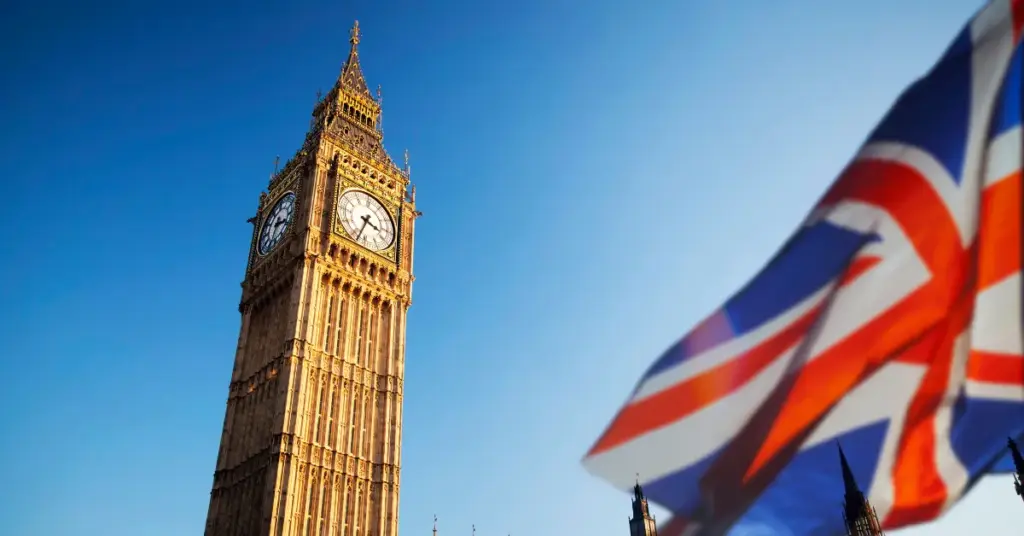Arranging a wedding in the United Kingdom on a fiancé visa brings its own set of challenges and deadlines. Once you arrive with your fiancé visa, you have a six-month period in which to get married or enter a civil partnership.
This tight schedule means careful organisation is essential, as delays could put your immigration status at risk. Balancing immigration procedures and wedding plans may seem complex, but with the right guidance, you can navigate the process smoothly.
This article will outline the important considerations for couples planning a UK wedding while holding a fiancé visa.
Key Points
- The UK fiancé visa is valid for six months, during which you must have your legal marriage or civil partnership ceremony.
- You cannot book your marriage or give notice before arriving in the UK; both steps must be completed in person after your visa is activated.
- Notice of marriage must be given at least 28 days before the wedding, though some cases referred to the Home Office may experience a delay of up to 70 days.
- Employment and access to public funds are not permitted while on a fiancé visa, so financial planning is necessary.
- Your ceremony must take place in an approved venue and meet legal requirements for UK immigration purposes.
- After the wedding, you must switch to a spouse visa before your fiancé visa expires if you wish to stay in the UK.
Legal Steps for Getting Married on a Fiancé Visa
After entering the UK on your fiancé visa, several important legal procedures must be followed to ensure your marriage is valid. These matters are urgent and play a crucial role in securing your future in the UK as a couple.
Giving Notice of Marriage
Both you and your partner must officially declare your intention to marry by giving notice at your local register office. This involves attending in person to confirm your plans. You must give notice at least 29 days before your wedding.
In some cases, the notice may be referred to the Home Office. When this happens, the usual 28-day waiting period can be extended to up to 70 days while your case is reviewed. It’s important to keep this in mind when planning your ceremony, especially if you have a specific date in mind.
Booking Your Ceremony
You can only arrange your wedding or civil partnership once you have arrived in the UK, as notice cannot be given from abroad. To avoid last-minute stress, contact your chosen register office or venue for information about their booking procedures and availability once you arrive.
Some register offices may offer provisional bookings, which can be confirmed after your notice is given. This flexibility helps if visa processing delays mean your arrival date is uncertain.
Missing deadlines for notice or booking the ceremony could lead to running out of time before your visa expires, so prompt action is essential.
Essential Documentation for Marriage
To legally marry in the UK, you will need to present original documents when giving notice and again on your wedding day. Prepare the following items:
- Passports for both partners
- Proof of your UK address, such as a tenancy agreement or utility bill
- Your fiancé visa documentation
- Evidence of marital status (for example, divorce certificate if previously married)
- Original birth certificates
- Certified translations for any documents not in English
The registrar may also ask additional questions to verify your relationship. Be ready to discuss how you met, the length of your relationship, and your intentions after marriage.
Financial Planning and Budget Considerations
While in the UK on a fiancé visa, you are not allowed to work or access public funds. All living and wedding expenses must be covered by your partner, making careful budgeting particularly important.
Large weddings may add unnecessary pressure, so many couples find a small ceremony or registry office wedding is sensible. After securing your status in the UK, you can always plan a larger celebration later.
Remember, after the wedding, you will need to budget for your spouse visa application. This includes the Home Office application fee, the immigration health surcharge, and possibly legal advice. Your partner must meet the financial requirements to qualify for the spouse visa. They need to earn at least £29,000 per year in 2025 or have enough savings to meet this amount.
Planning your budget carefully now will help you avoid stress later when you apply to switch visas and stay in the UK legally.
Making Your Wedding Legally Valid
When you get married on a UK fiancé visa, your wedding day is more than just a celebration. It is an important legal step that shows your intention to live in the UK as a married couple. This means everything must be in order for your wedding to be officially recognised by the Home Office.
Make sure your venue is approved for legal marriages or civil partnerships. If you plan a religious ceremony, check that the location and the person conducting the wedding are legally allowed to do so. For a civil ceremony at a register office, confirm all booking details ahead of time and double-check your appointment a few days before the wedding.
On the day, arrive early and bring all your original documents, including your passport, fiancé visa papers, and any documents the registrar asks for. If anything is missing, your ceremony might not go ahead, and since your visa has a strict timeline, delays can be difficult to resolve.
After the wedding, ask for several copies of your marriage certificate. You will need at least one official copy for your spouse visa application. Keep these documents safe because replacing them later can take a lot of time.
Applying for a Spouse Visa
After your ceremony, apply to switch from a fiancé visa to a spouse visa before your current visa expires. Delays could place your legal residency at risk.
A spouse visa allows you to remain in the UK, live with your partner, work, and study. It is also the first step towards Indefinite Leave to Remain (ILR). You will need to show:
- Your marriage or civil partnership certificate
- Evidence that your relationship is genuine and lasting
- Proof that you meet the financial requirement (£29,000 or qualifying savings)
- Suitable accommodation in the UK
- Confirmation that you meet the English language standard
The Home Office will review your application by looking at your situation and the evidence you provide. You need to include your marriage certificate, photos of you together, joint bills or rental agreements, and other documents that prove you live together and share responsibilities.
If you want to know more about your path beyond the spouse visa, our guide on British Citizenship After Indefinite Leave to Remain: Your Next Steps Explained can help.
Professional Help with the Spouse Visa Application
Switching from a fiancé visa to a spouse visa is a critical step in your immigration journey. Our experienced team at JPS Immigraton specialises in assisting couples throughout the application process, making sure all requirements are met.
We review your documents, address the financial and relationship criteria, and provide clear advice to keep you on the path to a secure future in the UK.
Contact us today to arrange a consultation and take the next step with confidence.
For insights into broader immigration reforms that may impact your application process, explore the UK Immigration White Paper 2025: Proposals to Reform the Migration System.
FAQs
What is a fiancé visa and how does it function?
A fiancé visa allows foreign nationals to come to the UK to marry their partner. You have six months to marry and must then apply for a spouse visa to remain.
How long may I stay in the UK on a fiancé visa?
The visa is valid for up to six months. You will need to marry within this period and then apply for a spouse or partner visa to remain in the UK.
How do I prove intent to marry?
Intent is shown by providing supporting evidence such as wedding plans, venue bookings, or invitations, and demonstrating your genuine relationship history.
Can I switch to a spouse visa after marriage?
Yes, you must apply for a spouse visa after your marriage to continue staying in the UK. A new application and supporting documents are required.
What if I do not marry within six months?
If you do not get married within your visa validity, you will need to leave the UK. Failing to do so could affect future visa applications.











































